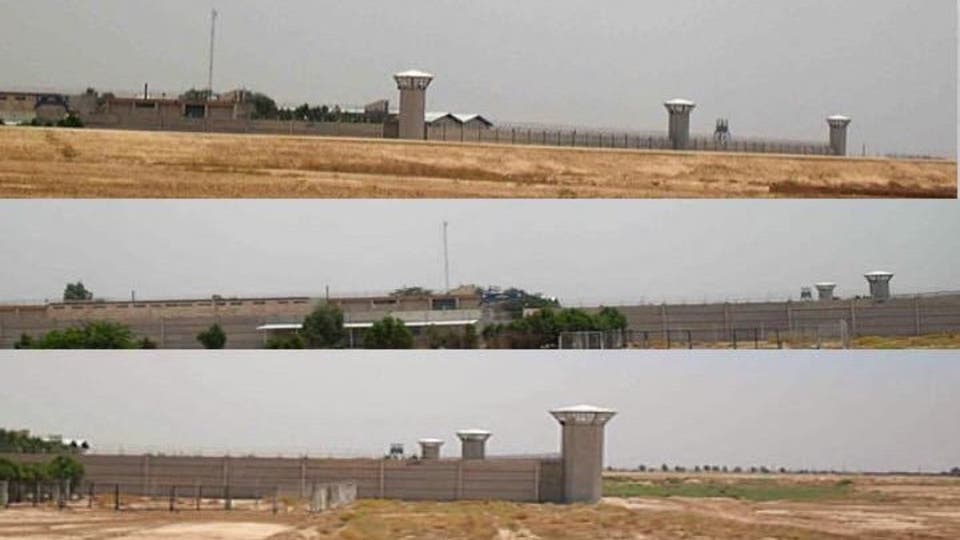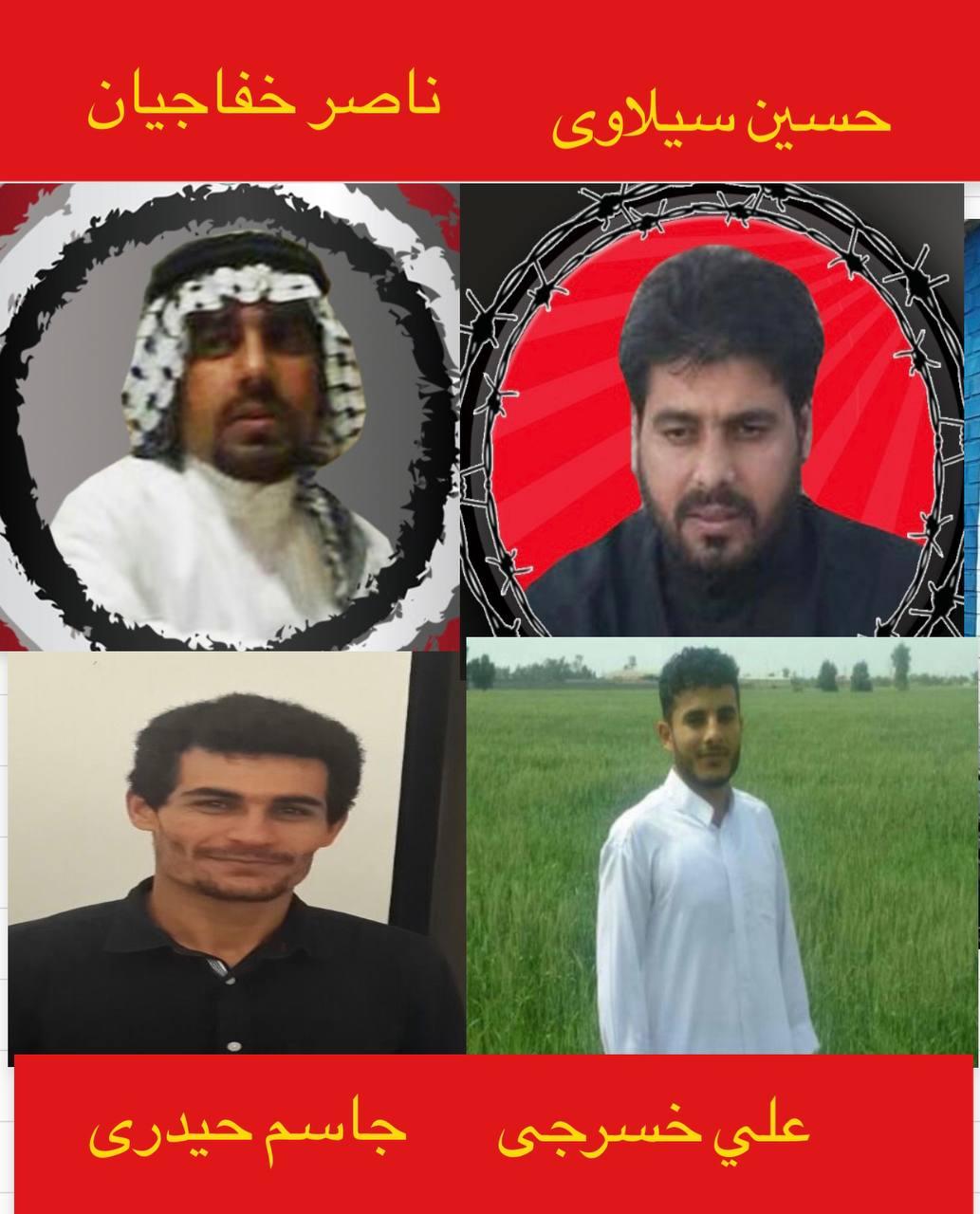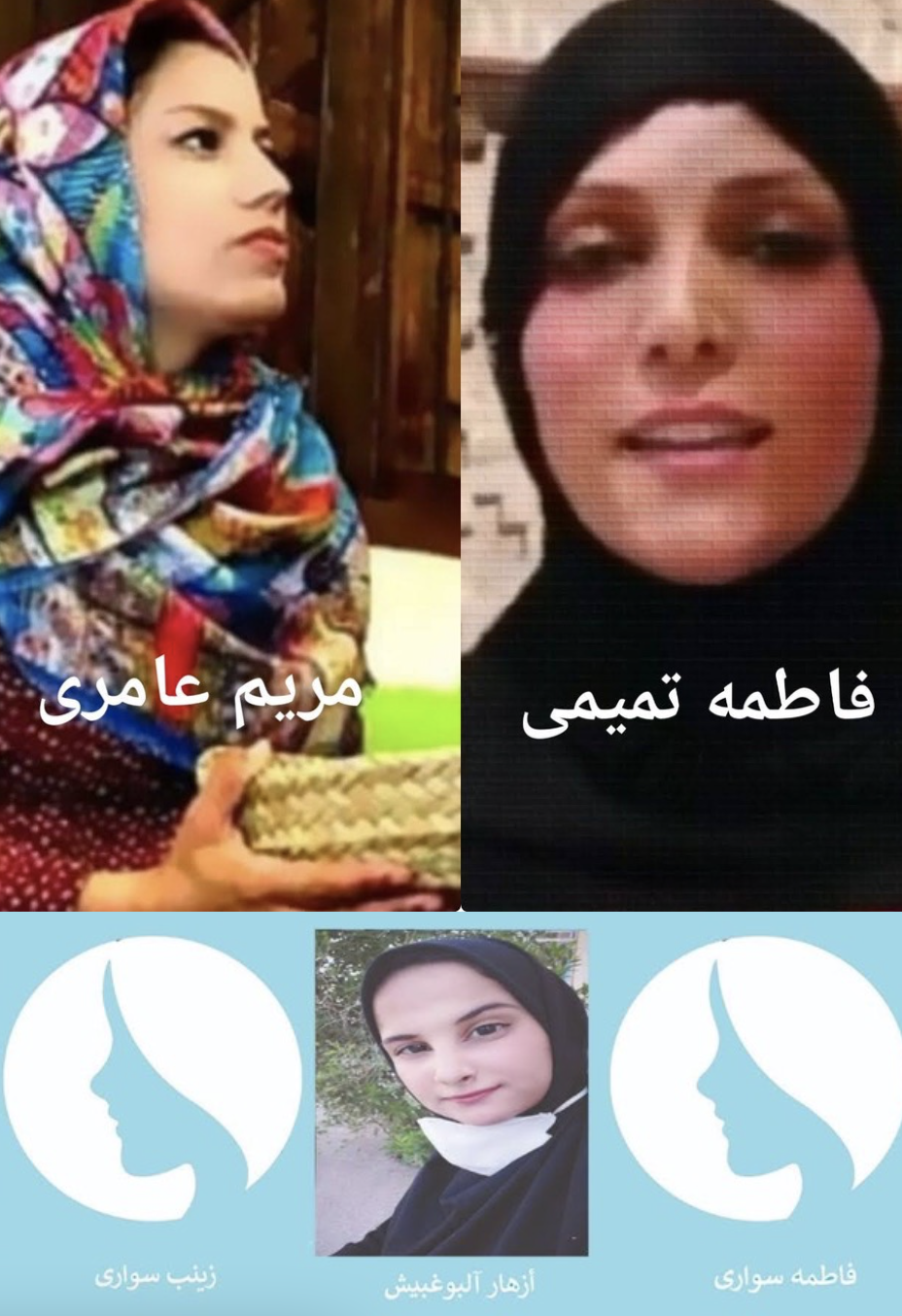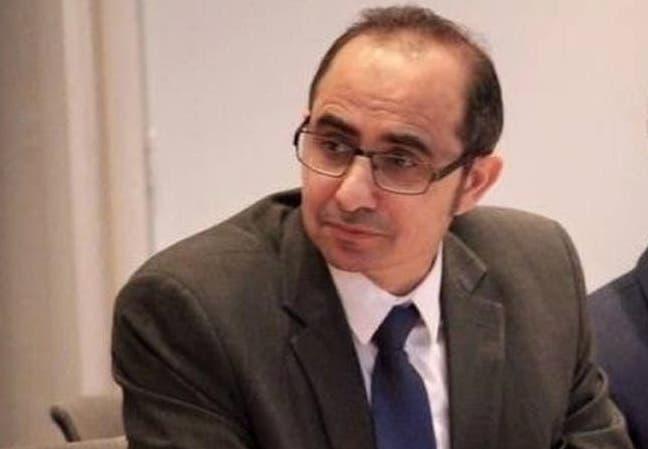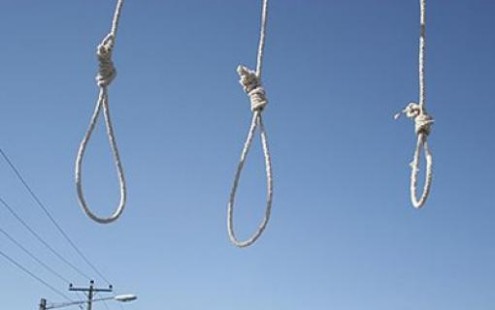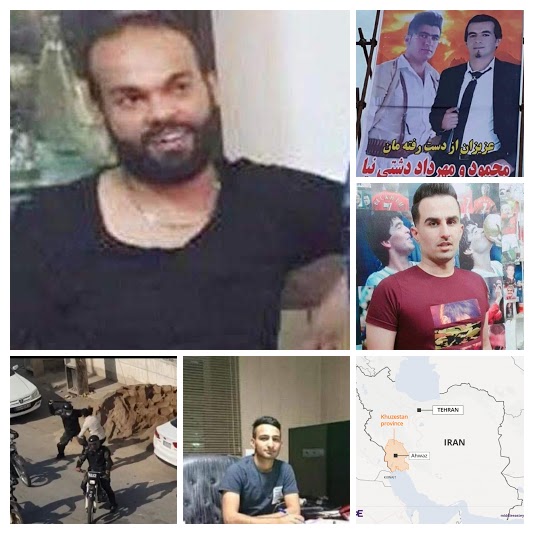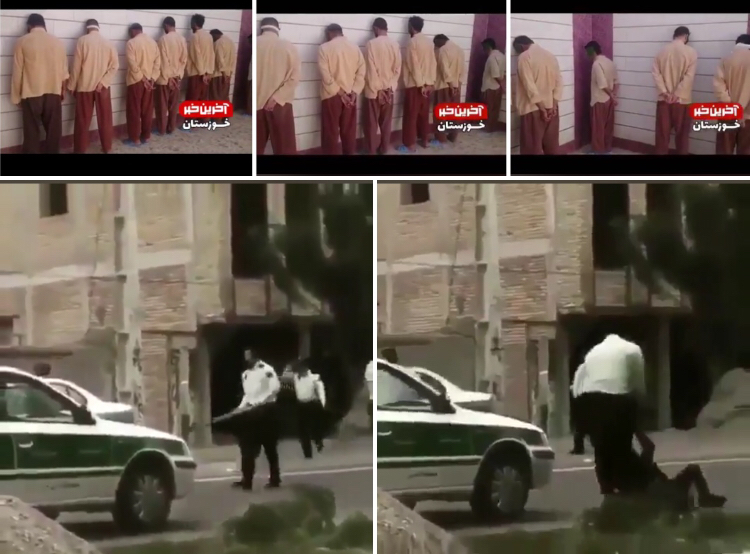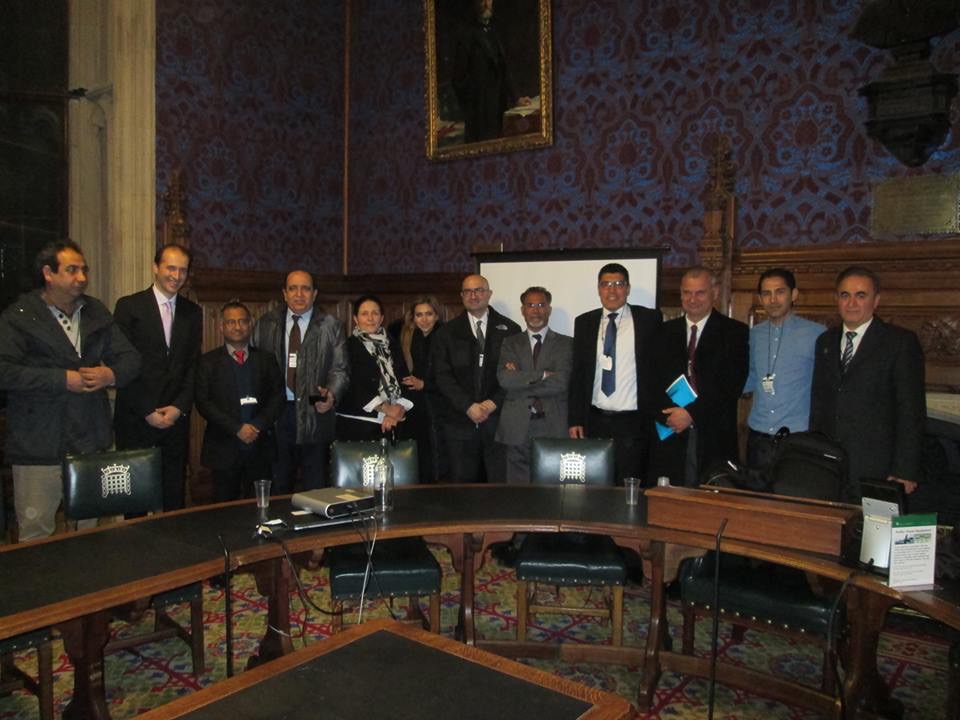Ahwazi refugee Abdolkhezer Dorghi with his seven children at risk of deportation from Turkey to Iran
Mr. Doraghi is a well-known political activist and an opponent of the Iranian regime. He is a former political prisoner, jailed in 2005 for his participation in the April 15, 2005, the Ahwazi-Arab uprising (Intifada) against the ethnic-cleansing, land expropriation and ethnic persecution of the Ahwazi Arab minority by the Islamic Republic of Iran.
Mr. Doraghi had to flee Iran and seek haven in Kuwait in 2009. In 2014, the Iranian government attempted to pressure the Kuwaitis to forcefully return him to Iran. He escaped before his arrest and sought asylum under the protection of the UNHCR in Ankara, Turkey.
Mr. Doraghi was accepted as a political refugee (UNHCR Refugee Certificate 385-15C02931) in September 2014. Since then, he has lived in Turkey under UNHCER auspices and protection from forcible return to Iran. He was placed on the list for resettlement to a third country.
However, after five years of waiting to be relocated, he was notified by UNHCR on Monday 5, May 2019 that his case, along with other political refugees is now processed by the host country, Turkey.
Mr. Doraghi is a long-time member of the Democratic Solidarity Party of al-Ahwaz. (DSPA), an anti-regime political organization with presence in Iran and abroad. DSPA believes in the overthrow of the Islamic Republic through non-violent means and transition to a parliamentary democracy in a federal system. Nonetheless, DSPA has been considered a secessionist and a separatist organization and banned by the Iranian regime. Many of its members were killed by the Iranian regime.
The secessionist charge will certainly lead to a death sentence for Mr. Doraghi should he be returned to Iran under any circumstances. Mr. Doraghi survived several threats to his life by Iranian security agents while living in Kuwait. His life is in imminent danger in Turkey.
We respectfully ask Mr. Filippo Grandi, high commissioner for UNHCR, Madam Michelle Bachelet, the United Nations High Commissioner for Human Rights, and Mr. Javaid Rehman, the UN Special Rapporteur for the Human Rights Situation in Iran, to take urgent action to stop the forcible return to Iran. We also urge that he and his family be relocated to a third country.
We urge people around the world to write to Mr. Filippo Grandi, UNHCR headquarters in Geneva: https://www.unrefugees.org/contact-us/general/ and to: UNHCR,
Turkey: Mr. Enis Behic Koryurek: Tiflis Cad. 552. Sok. No:3, Sancak Mah. Cankaya Ankara,
Yusef KEPEN. Goc idaresi Muduru,
AHRO is a US-registered human rights advocacy non-governmental organization that works in support of minorities and women in Iran.
- Details
- Reports


